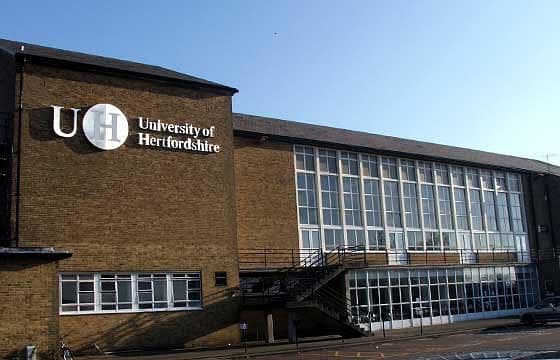

MSc in Electronics Engineering at University of Hertfordshire
Hatfield, United Kingdom
- Tuition Fee £ 16,450
- Country Rank-
- Duration18 Months
- Score IELTS: 6.5 TOEFL: 79
Program Overview
This course develops students’ in-depth knowledge and skills of a broad range of Electronics Engineering. It builds strong design skills for the seamless integration of software and hardware for sustainable and smart applications using Microprocessor/DSP/FPGA technology.Students will cover a selection of subjects such as Smart Embedded Systems Engineering and Mixed mode and VLSI Technologies alongside cohort taught subjects to develop their management skills and their employability.
Cost Of Studying At University of Hertfordshire
Interest rates as low as 8.9% *
250K+
Students Assisted
800Cr+
Loan Amount Disbursed
5000+
Loans Sanctioned
Check Loan Eligibility
Powered by 